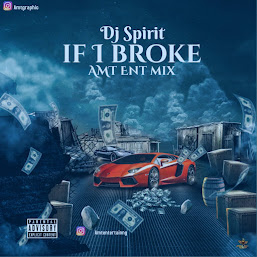For a generation of young Nigerians battling inflation, unemployment, and the constant urge to seek opportunities abroad, the rising cost of a passport feels like one more wall blocking the exit.
If you thought getting a Nigerian passport was always expensive, think again. In just 15 years, the cost has jumped more than six times, turning what used to be a basic travel document into a financial struggle for many young Nigerians.
Back in 2010, the standard 32-page passport was just ₦15,000, while minors and older folks paid even less. The bigger 64-page booklet went for ₦20,000. But along with the official fee, “address verification” charge.
By 2018, things changed. The government introduced the “enhanced e-passport” and hiked the prices. A 32-page booklet now cost ₦25,000, while the 64-page jumped to ₦70,000. For many this was the first real shock.
Fast forward to August 2024: the 32-page had quietly climbed to ₦35,000, while the 64-page stayed at ₦70,000. Then came the bombshell – from September 1, 2024, the government raised the fees again: ₦50,000 for 32 pages and ₦100,000 for 64 pages. But the biggest hit came just a year later.
Meanwhile, Nigerians in the diaspora still pay in dollars: $150 for the 32-page version and $230 for the 64-page version – rates that haven’t changed despite the local hikes. In simple terms, the 32-page passport has risen from ₦15k to ₦100k in 15 years. The 64-page has jumped from ₦20k to ₦200k.
For a generation of young Nigerians battling inflation, unemployment, and the constant urge to seek opportunities abroad, the rising cost of a passport feels like one more wall blocking the exit.




![[AMTEntertain✅]](http://blogger.googleusercontent.com/img/b/R29vZ2xl/AVvXsEiZzlNajq5mmEZqBRkUTIZZA3hoVmdzRm8S0dy6uM8hxrjSUGDwU_QyvY4Pj157DjLCOw94b0MQ4ap_oUfRBo8WxT77KQQslcz2ByTO-pgSkQFXw4iM6xxmQ7w7_kQVuw/w100/IMG-20220405-WA0014.jpg)












0 Comments